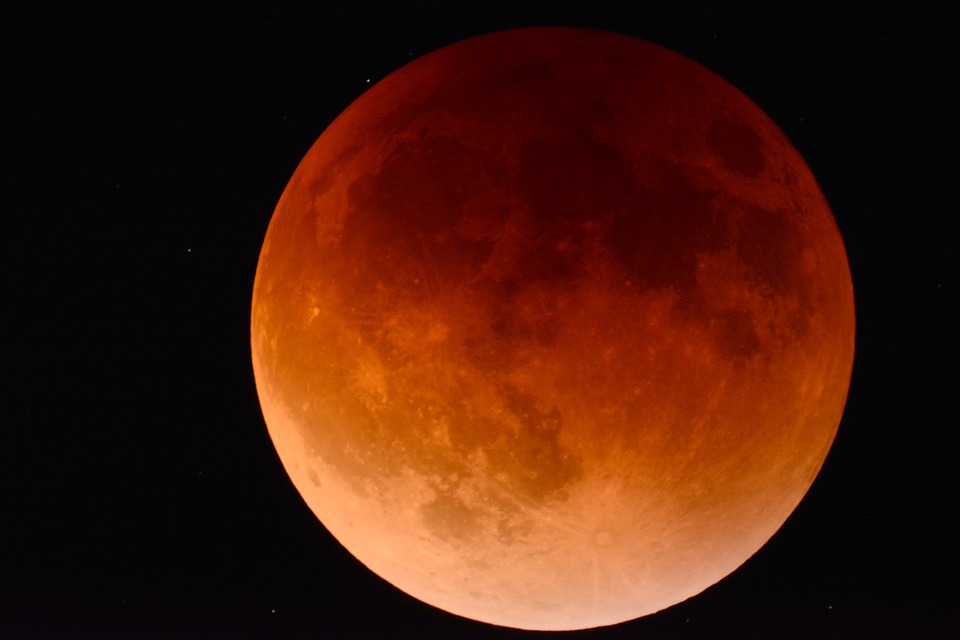In the past few years, several spectacular eclipses could be witnessed from different parts of the world. Nevertheless, the next and possibly most marvellous lunar eclipse can be witnessed soon, at the end of July, according to sokszinuvidek.24.hu. You definitely do not want to miss it.
On the night of July 27th, it is going to be the longest lunar eclipse of the 21st century for those living on the Eastern hemisphere (Eastern Africa and Central Asia). Do not be discouraged if you live elsewhere, though, as the natural wonder will be partially visible from Western Africa, East Asia, South-America, Australia as well as from Europe, too.
The eclipse will take place in a span of 1 hour and 43 minutes. Counting the partial eclipses, too, the natural wonder will last 3 hours and 55 minutes on the Eastern hemisphere.
It is important to note that the longest lunar eclipse so far lasted 1 hour and 47 minutes altogether.
Lunar eclipse
A lunar eclipse is an astronomical phenomenon during which the Moon gets partially or entirely behind the Earth’s shadow. It occurs when the Earth is between the Sun and the Moon and its shadow or half-shadow is reflected onto the Moon.
It is an extraordinary thing as it will be visible from everywhere on the Earth and from space, as long as the Moon is visible. Considering Hungarian time, the lunar eclipse will start at 8:24 pm, the Moon will turn red at 9:30 pm, and it will all end by 11:13 pm.

The eclipse is also going to bring a blood moon, as the moon will not darken entirely. Its light will turn orange and shine through the Earth’s atmosphere, creating a hollow semidarkness.
When it is a partial lunar eclipse, the Earth casts a grey shadow onto a part of the surface of the Moon.
The next phenomenon will come shortly after. Only a few days later, Mars will be a mere 57.6 million kilometres away from the Earth. This means that the red planet is going to be visible for the naked eye as well, for the first time since 2003.
For more news, check out this article about the possibility of getting rid of Daylight Saving.